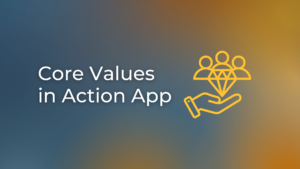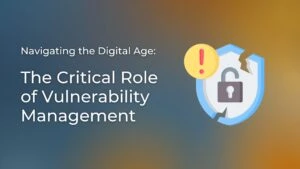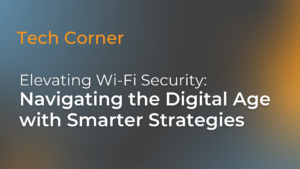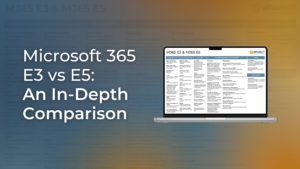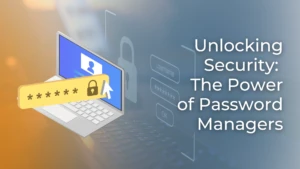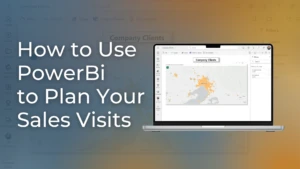|
IT Security Awareness Tips
Helpful tips for helping to keep your identity, personal information and data secure.
Password Management Take some time to become acquainted with at least one of the many password managers available. We keep hearing about the perils of weak passwords, as well as the risk of using the same passwords across multiple sites. Are you using the same password for your email, Facebook and LinkedIn accounts? If yes, welcome to the trifecta of identity theft jackpots! The amount of time it takes to learn how to use a password manager is infinitely shorter than the agony of unwinding your life from an identity theft event.
Use Caution Opening Email Attachments A common method cyber criminals use to hack into people’s computers is to send them emails with infected attachments. People are tricked into opening these attachments because they appear to come from someone or something they know and trust. Only open email attachments that you were expecting. Not sure about an email? Call the person to confirm they sent it.
Back up your data This means saving all your files onto a different device such as a USB, external hard drive, and cloud-based service. Why? If you have a problem with your computer and it needs to be reset or even replaced, you will still have access to your information.
Holiday Traveling with Personal Internet-Enabled Devices Know the risks – Your smart phone, tablet, or other device is a full-fledged computer. It is susceptible to risks inherent in online transactions. When shopping, banking, or sharing personal information online, take the same precautions with your smart phone or other device that you do with your personal computer. Avoid using open Wi-Fi networks to conduct personal business, bank, or shop online. Open Wi-Fi networks at places such as airports, coffee shops, and other public locations present an opportunity for attackers to intercept sensitive information that you would provide to complete an online transaction. If you simply must check your bank balance or make an online purchase while you are traveling, turn off your device’s Wi-Fi connection and use your mobile device’s cellular data internet connection instead of making the transaction over an unsecure Wi-Fi network.
What to do if your accounts are compromised If you notice that one of your online accounts has been hacked, call the bank, store, or Credit Card Company that owns your account. Reporting fraud in a timely manner helps minimize the impact and lessens your personal liability. You should also change your account passwords for any online services associated with your mobile device using a different computer that you control.
Patch and Update One of the most effective ways you can protect your computer at home is to make sure both the operating system and your applications are patched and updated. Enable automatic updating whenever possible.
Remember the Basics Basic internet hygiene includes knowing that Nigerian Princes are not seeking to send you money, no matter how much they invoke God’s good graces on you. Celebrities are not seeking to meet you via the internet, no matter how popular you are. Simple steps can make a difference in your overall approach to security.
|
